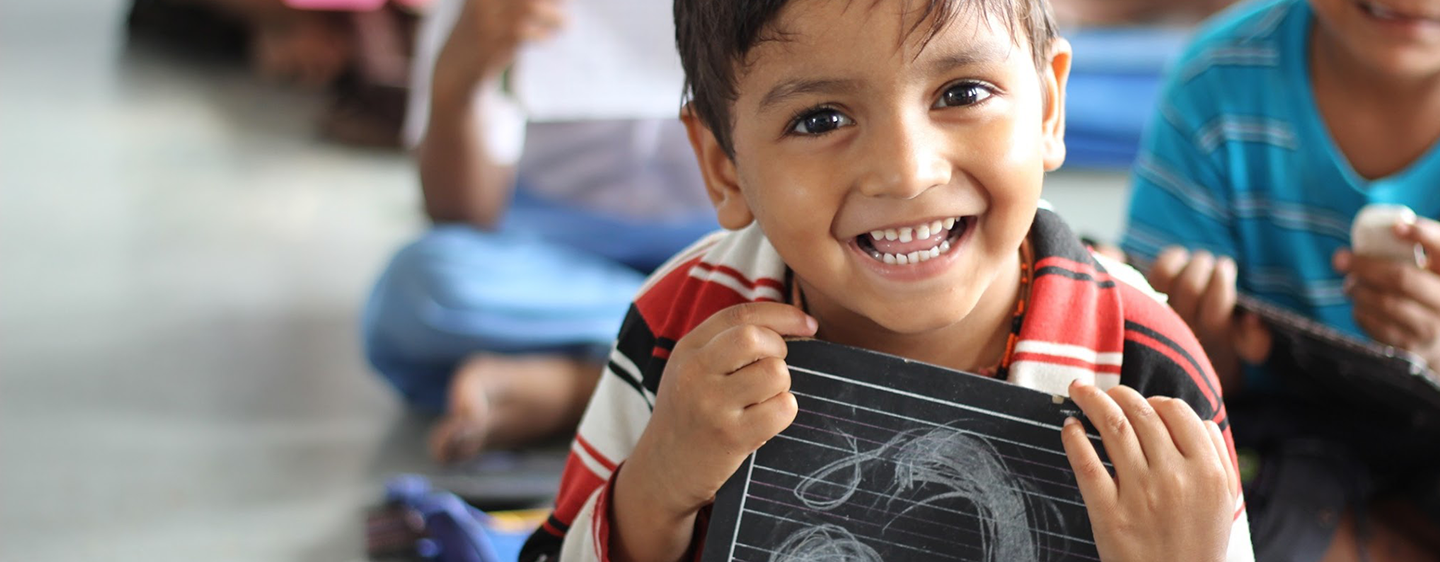Budget private schools are delivering high quality education to millions of children who would otherwise have to go to barely functional government schools.
“Education is the most powerful weapon which you can use to change the world”, said Nelson Mandela. However, the Indian government, instead of arming us with the tools to change the world, has left us stranded in a desert of ignorance. If budget private schools were not bridging the gaps in India’s education system, millions of parents and children couldn’t think of a brighter tomorrow.
Budget private schools are the growing segment of private schools that cater to the large middle and lower middle class in India. They are often run by individuals from their homes, shops, or any available space. Sometimes, they are large-scale operations run by charitable trusts.
Currently, about 55 percent of students are enrolled in government schools and about 43 percent enrolled in private schools. Out of private unaided schools, a whopping 79 percent are enrolled in budget private schools. Private school enrollment has witnessed exponential growth in recent years, largely fuelled by poor conditions of government schools and increased demand for quality education by parents.
“In states such as Bihar, MP, Rajasthan, UP and Odisha, between 70 to 85 percent of children studying in private schools pay fees less than Rs 500 per month.”
Though some budget private schools tend to experience over-crowding, coupled with lack of conventional resources used for teaching, people prefer them over government schools. Many budget private schools have come up with alternative models for imparting not just education, but also life-skills to their students.
GyanShala is one such innovative model of budget private schooling that believes in continuous efforts to provide better quality education. GyanShala involves the local community in the teaching process and connects them with professional teachers. The organisation has set up a multi-tier curriculum and lesson planning for teaching, independent assessment, work-sheets, and puts emphasis on actual learning. GyanShala students score only slightly off the benchmarks set by ASSET (Assessment of Scholastic Skills through Educational Testing), a scientifically designed, skill-based assessment test.
READ MORE: RTE Act – Right to Education or Restricting the Education?
Budget private schools are the silent horses of our education system and are delivering quality schooling to millions of children who would otherwise have chosen barely functioning government schools. However, instead of encouraging them and facilitating a better environment for them to function, the government is cracking down on these schools with heavy regulatory burdens under the Right to Education Act.
The Act mandates that all schools, government and private, follow specific infrastructure guidelines and teacher-pupil ratio norms along with hundreds of other requirements. The low-budget schools often do not have the necessary resources to follow each requirement and are forced to shut down. The non-compliant government schools, often leeching on taxpayers without contributing anything to the society, continue to function even if they openly flout government’s own rules.
The government’s approach towards budget private schools must change. They need recognition and autonomy and should not be subjected to needless regulatory requirements. They contribute immensely in improving the state of education in India despite the barriers many barriers. Just imagine the difference they could make if they are set free.
Read the Faces of Budget Private Schools in India Report 2018 prepared by the Centre for Civil Society, a New Delhi based think-tank.

